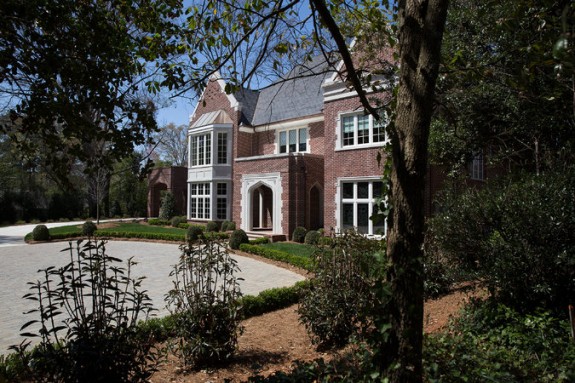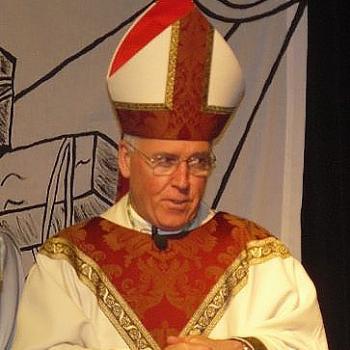Not sure if this qualifies yet as a trend, but The New York Times thinks so.
The unhappy reaction of local Catholics to the archbishop’s new house in Atlanta is the latest in a series of lay uprisings since the new pope altered the landscape by choosing to live in a modest Vatican residence rather than the opulent apostolic palace, to travel in a Ford Focus and to denounce overspending by church leaders. “It breaks my heart when I see a priest or a nun with the latest model of car,”he said last summer. “Cars are necessary, but take a more humble one. Think of how many children die of hunger.”
Catholics seem to be taking the pope’s words to heart. In Newark, laypeople have expressed unhappiness about a planned $500,000 expansion, with three fireplaces and an indoor pool, of a weekend home used by Archbishop John J. Myers. In the Camden, N.J., diocese,questions have been raised about Bishop Dennis J. Sullivan’s purchase of a 7,000-square-foot, $500,000 house. In West Virginia, local Catholics cited Francis’ humble lifestyle in questioning what they viewed as excessive spending by the Wheeling-Charleston diocese. And, most significantly, last week the pope accepted the resignation of a German bishop who had spent $43 million renovating his house and other church buildings.
“Francis has very definitely sent out a signal, and the signal is that bishops should live like the people they pastor, and they shouldn’t be in palaces,” said Paul Vallely, a British biographer of the new pope. “Where people are historically in that kind of accommodation, it’s one thing, but where people are building it, it looks extravagant.”
A number of American bishops have sent similar signals over the last decade, even before Francis became pope last year. In Boston, Cardinal Sean P. O’Malley, who is now the pope’s closest American adviser, began his tenure by selling the Italianate palazzo that had housed his predecessors and moving into a shabby cathedral rectory. In Philadelphia, Archbishop Charles J. Chaput sold the mansion occupied by his predecessors and moved into an apartment on the grounds of a seminary. In Pittsburgh, Bishop David A. Zubik lasted two weeks in that diocese’s mansion before putting it up for sale and moving into a seminary apartment.”
Catholic dioceses are not the only organizations being scrutinized for spending on leadership benefits: Many nonprofits, including universities, Protestant churches and other charitable organizations, have faced criticism after providing fancy houses, high salaries or lavish perks to executives. But the arrival of Pope Francis appears to have emboldened lay Catholics to speak up more vociferously when they sense overspending.













